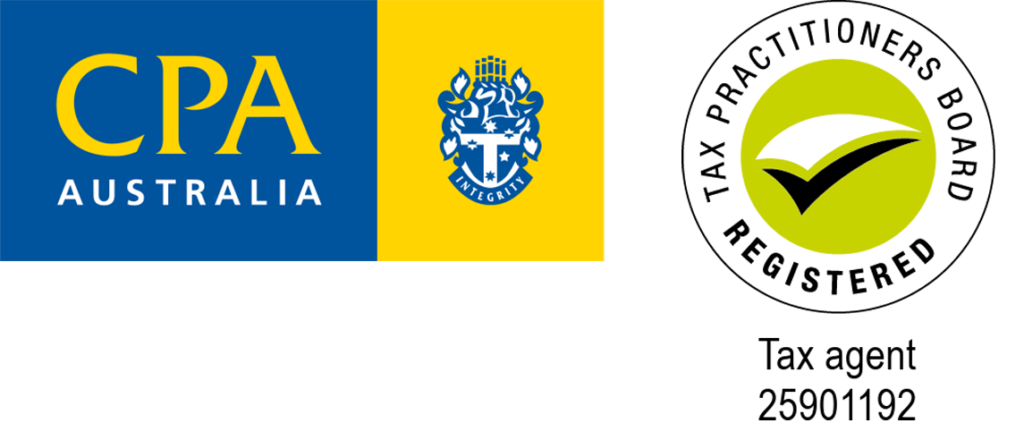21st May 2021
The 2021 Budget was announced on Tuesday 11 May. We have had a good look through it and included the proposals here that are most likely to affect you or be of interest to you.
For You and Your Family
Low and middle income tax offset extended
This has been extended for another year and provides a reduction of up to $1,080 for individuals with a taxable income of up to $126,000.
$250 self-education expense removed
Up until now the first $250 of self education costs have not been deductible. This threshold has now been removed and you are able to claim a deduction for all valid self education costs.
Child care subsidy increase
From 1 July 2022 increased subsidies will be available to families with more than one child aged five and under in child care. The $10,560 cap will also be removed.
2% deposit home loans for single parents
The Government will guarantee 10,000 single parents with dependants to enable them to access a home loan with a deposit as low as 2% under the Family Home Guarantee. Similar to the first home loan deposit scheme, the program will guarantee the additional 18% normally required for a deposit without lenders mortgage insurance. The Family Home Guarantee is aimed at single parents with dependants, regardless of whether that single parent is a first home buyer or previous owner-occupier. Applicants must be Australian citizens, at least 18 years of age and have an annual taxable income of no more than $125,000.
5% deposit home loans for first home buyers building new homes
The First Home Loan Deposit Scheme will be extended by another 10,000 places from 1 July 2021 to 30 June 2022. Eligible first home buyers can build a new home with a deposit of as little as 5% (lenders criteria apply). Conditions and timeframes apply.
“Downsizer” super contributions from sale of family home extended to 60 year olds
Those aged 60 or older can now contribute up to $300,000 from the proceeds of selling their family home to their superannuation fund. Conditions apply.
Business
Instant Asset Write-Off
Extended again. Until 30 June 2023 businesses can continue to fully deduct the cost of any depreciable asset purchased after 7.30pm on 6 Oct 2020 regardless of cost. The exception to this is motor vehicles which have a depreciation limit which is currently $59,136. From 1 July 2023, normal depreciation arrangements will apply and the instant asset write-off threshold for small businesses with turnover of less than $10 million will revert back to $1,000.
Loss Carry Back Extension
Normally you can only carry losses forward to offset future profits. However, this new measure allows you to carry back losses from the 2019-20, 2020-21, 2021-22 and 2022-23 income years to offset previously taxed profits in the 2018-19, 2019-20, 2020-21 and 2021-22 income years. Under this measure, tax losses can be applied against taxed profits in a previous year, generating a refundable tax offset in the year in which the loss is made. The amount carried back can be no more than the earlier taxed profits, limiting the refund by the company’s tax liabilities in the profit years. Companies that do not elect to carry back losses can still carry losses forward as normal.
Residency Tests
Until now, determining residency could be complex. The new proposal is for a simple primary test to exist: if a person is physically present in Australia for 183 days or more in any income year they will be treated as an Australian tax resident.
$450 per month for super contributions removed
Expected to begin on 1 July 2022. Currently, employees need to earn $450 per month to be eligible to be paid the superannuation guarantee. This threshold will be removed so all employees will be paid super guarantee regardless of their income earned.
Tax Incentives for the Digital Economy
From 1 July 2022, a 30% refundable tax offset is being proposed for eligible businesses that spend a minimum of $500,000 on qualifying Australian games expenditure. Industry consultation will commence in mid 2021 to establish the eligibility criteria and definition of qualifying expenditure.
Student visa holders working in key sectors
Student visa holders will temporarily be able to work more than 40 hours per fortnight in the tourism, hospitality and agricultural sectors.
Apprenticeship Scheme
From 5 October 2020 to 31 March 2022, businesses of any size can claim the Boosting Apprenticeship Commencements wage subsidy for new apprentices or trainees who commence during this period. Eligible businesses will be reimbursed up to 50% of an apprentice or trainee’s wages of up to $7,000 per quarter for 12 months. See here for more detail.
Should you have any questions, please don’t hesitate to contact myself or our practice manager, Tania Wantling. Tania’s email address is tania@cassellandco.com.au



